Following the recent announcement by the UK Government of the worrying intention to cut the international aid budget from 0.7% of gross national income to 0.5%, UKFIET Trustees wrote to the new Foreign, Commonwealth & Development Office (FCDO) with concerns.
The letter, dated 23 November 2020, was addressed to Baroness Liz Sugg, who was, until 25 November, Parliamentary Under Secretary of State and Special Envoy for Girls’ Education. Concerns focused around three main areas of concern:
- Establishing a target of 10% of the aid budget to be spent on education
- The enhancement of resources towards research on education
- The suggestion to engage with the Global Education Evidence Advisory Panel (GEEAP) and FCDO more closely to interpret existing advocacy and contribute to subsequent reviews.
UKFIET Trustees were pleased to receive a reply letter from Wendy Morton MP, responsible for the FCDO Children, Youth and Education Department, dated 5 December 2020. Despite no target being set for education, she confirmed the Prime Minister’s commitment to ensuring 12 years of quality education for girls. As COVID-19 has had such a disruptive effect on education for so many, the FCDO is looking at new programmes to support children back into school and learning.
The FCDO commitment to education research was stressed: “The UK will continue to show global leadership by investing in robust evidence on ‘what works’ for girls’ education.” Through co-convening the GEEAP, the government commits to ensuring that evidence will be used to improve the quality of education for all children, especially girls.
Both letters are copied below. UKFIET previously wrote to Ministers about concerns when the announcement was made to merge DFID and the FCO into the new FCDO, dated 2 July 2020. We received a response from Baroness Sugg dated 17 August 2020.
| |
 |
|
23 November 2020
Baroness Sugg CBE
Parliamentary Under-Secretary of State
Special Envoy for Girls’ Education
Dear Baroness Sugg
Thank you for your reply to our letter and for the encouraging commitments to continue the programme of work to which DFID has been committed.
Domestic budgetary resources in the poorest countries are under unprecedented stress as a result of the economic dislocations of Covid-19. The signs are that bilateral aid will fall as GDP in OECD countries readjusts and recovers from recession. Better ways are needed to manage learning and address the zones of exclusion that deny access and aspiration to many young people. These developments make sustainable educational development, supported by focussed research and evaluation studies, even more critical than it has been in the past.
We are concerned that the forthcoming cuts made necessary by Covid-19 may adversely affect the resources available to support both the delivery of education aid programmes and the UK base for research on educational development and the projection of its insight and capabilities. UKFIET members’ research has been at the core of the soft power and technical assistance that have been mobilised globally by HMG. It is critical to maintain the capacity and reach of UK education sector specific research and development as we manage the transitions in our aid post-BREXIT. We make three points for action.
- We would like to urge the FCDO to realise the ambitions of the International Development Committee to spend 10% of UK aid budget on education and reverse recent declines. Whilst other areas remain important (e.g. health, disaster relief, governance, natural resources), aid should not be repurposed away from education at a time when knowledge and skill are at the heart of economic reconstruction and recovery from the Covid-19 health crisis.
- We would like to ask that the resources available through RED and related channels are enhanced rather than reduced, and mobilised to make full use of the UK resource. Few knowledge-intensive organisations allocate less than 5% of their expenditure to R&D, and FCDO falls well short of this benchmark for aid to education. Any further reduction will have consequences for FCDO’s influence on global agendas and ability to project its soft power.
- We would like to engage with the Global Education Evidence Advisory Panel (GEEAP) and FCDO more closely to interpret the existing advocacy and contribute to subsequent reviews that may be undertaken. To this end we suggest a Forum policy roundtable in January or early February 2020 to explore key issues and ways forward based on the findings of the first report with participation from GEEAP and FCDO.
Our ambition is to reinstate mechanisms for UKFIET to interact more systematically with FCDO and make best use of the insights and experience of UKFIET members across its institutions using a variety of channels.
We look forward to contributing to the development of FCDO strategy on education and development and await your response with interest.
Yours sincerely
|
|
Susy Ndaruhutse
UKFIET Chair of Trustees
|
Dr Caine Rolleston
UKFIET Executive Chair
|
|
Emeritus Professor Keith Lewin
UKFIET Chair of Trustees 2017-2020
|
Emerita Professor Angela Little
UKFIET Trustee
|
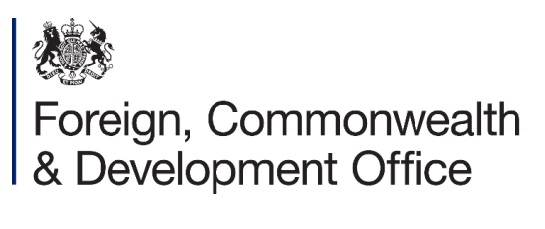 |
Wendy Morton MP
Parliamentary Under-Secretary of State
King Charles Street
London
SW1A 2AH
|
Susy Ndaruhutse, Dr Caine Rolleston,
Professor Keith Lewin,
Professor Angela Little
The Education & Development Forum |
5 December 2020 |
|
Dear All
Thank you for your letter of 23 November addressed to Baroness Sugg, regarding Official Development Assistance (ODA) spending on education. I am responding as Minister responsible for the Children, Youth and Education Department at the Foreign, Commonwealth and Development Office (FCDO).
I am grateful to you all for taking the time to outline your thoughts on education spending. I note your recommendation to spend 10% of the UK aid budget on education: the UK has no spending targets in any sector, especially as targets are sometimes seen as a ceiling rather than a minimum. We do not have specific spending targets to allow us greater flexibility in responding to crises and targeting aid where it is most needed.
Promoting 12 years of quality education for all children, especially girls, by 2030 is top priority for the FCDO, and for the Prime Minister personally. We share your concern that the Covid-19 pandemic has resulted in an unprecedented number of children out of school, with many more now at risk of never going back to school. We are committed to supporting these children back into school and learning, and we are looking closely at new programmes to support this and at the future trajectory of education spend.
The FCDO recognises the critical importance of science, research and technology in tackling global development challenges. As set out by Baroness Sugg in her letter to UKFIET in August this year, in 2019/20, the Department for International Development invested more than £14 million in education research. The UK will continue to show global leadership by investing in robust evidence on ‘what works’ for girls’ education. Through co-convening of the Global Education Evidence Advisory Panel (GEEAP) and working with ministries of education and partners, we will make sure that this evidence being used to improve the quality of education for all children, especially girls.
Thank you for your interest in the GEEAP. We welcome discussion and debate around the findings of the recent ‘Smart Buys’ report and FCDO officials would be happy to set up a roundtable, as suggested, in Spring 2021. Officials will be in touch with you directly to take this forward.
Thank you for writing on this important matter, and for your ongoing dedication to education and development.
Yours sincerely
Wendy Morton MP
Minister for European Neighbourhood and the Americas
|

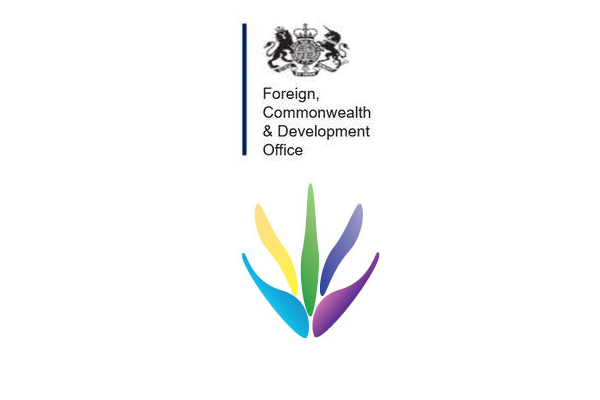


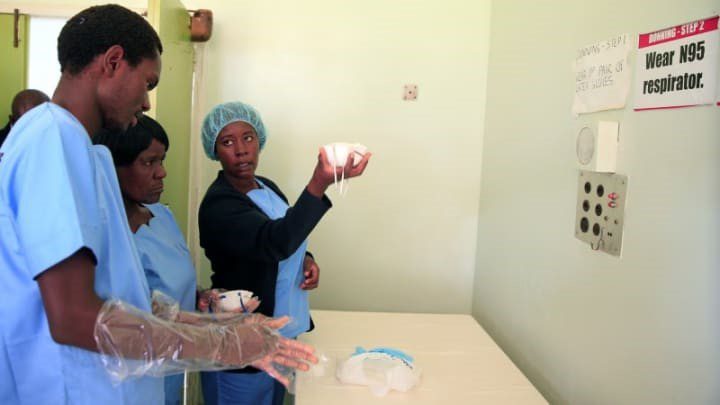
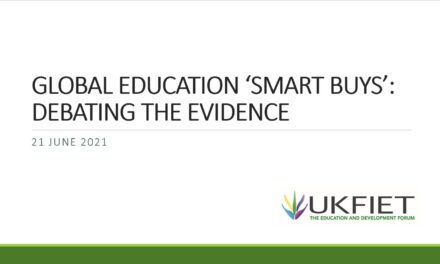

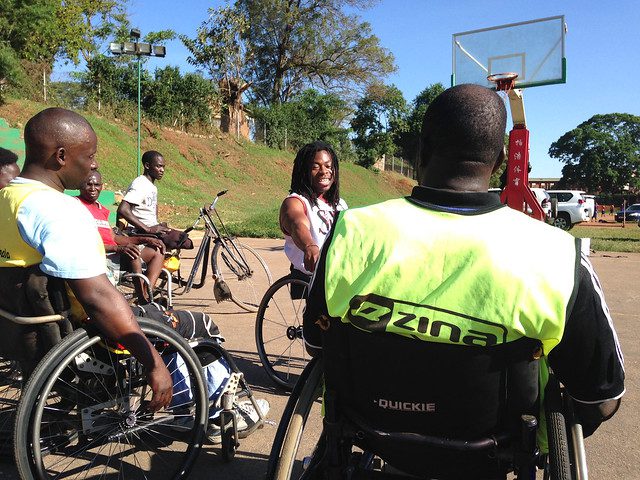
Trackbacks/Pingbacks